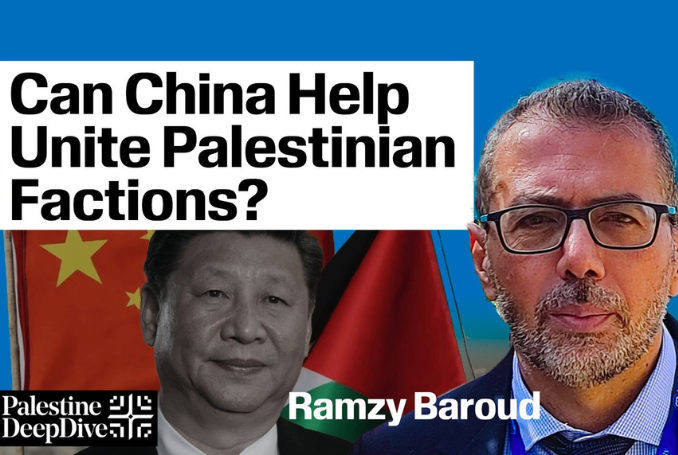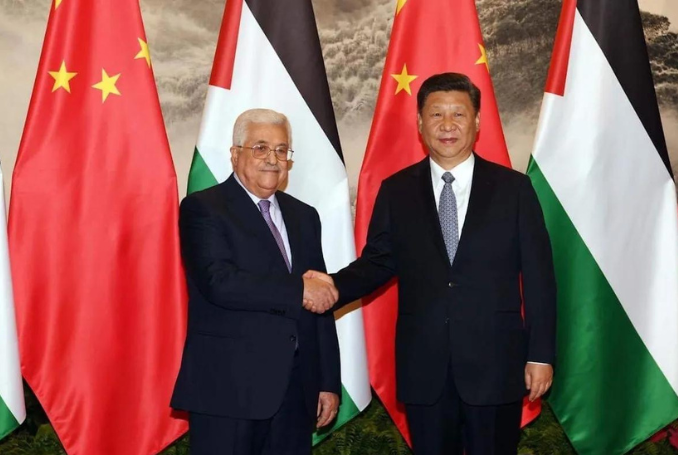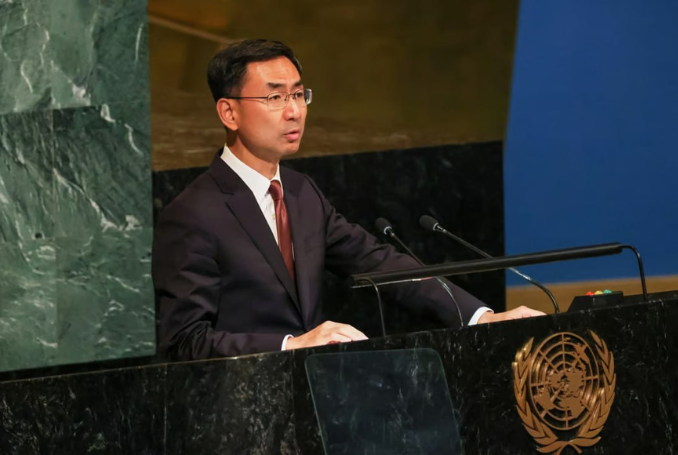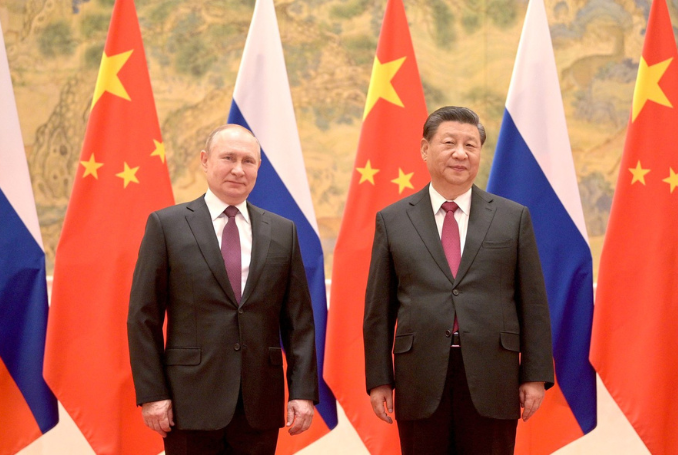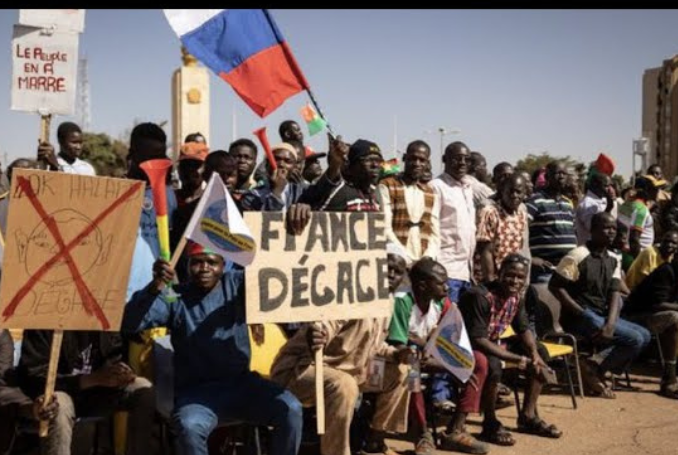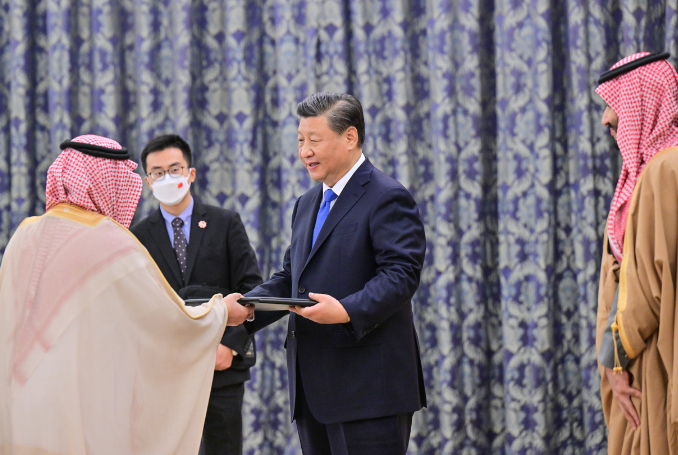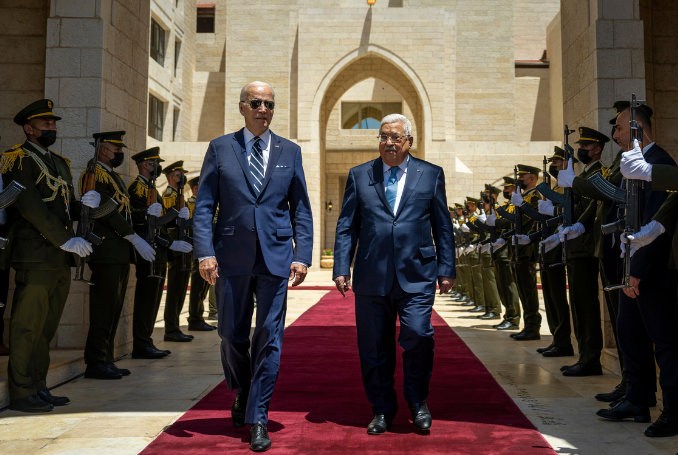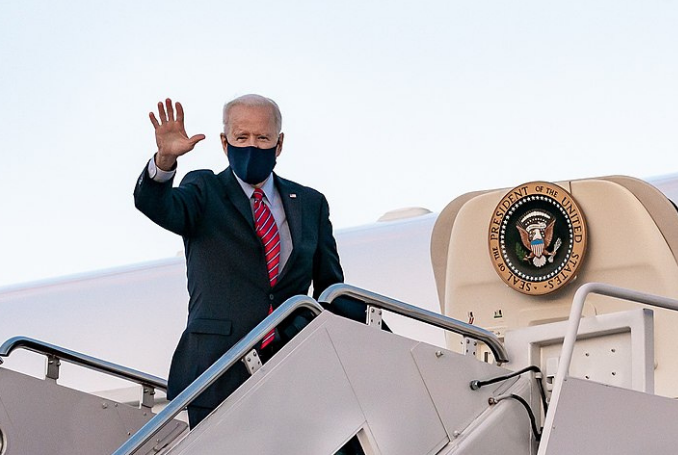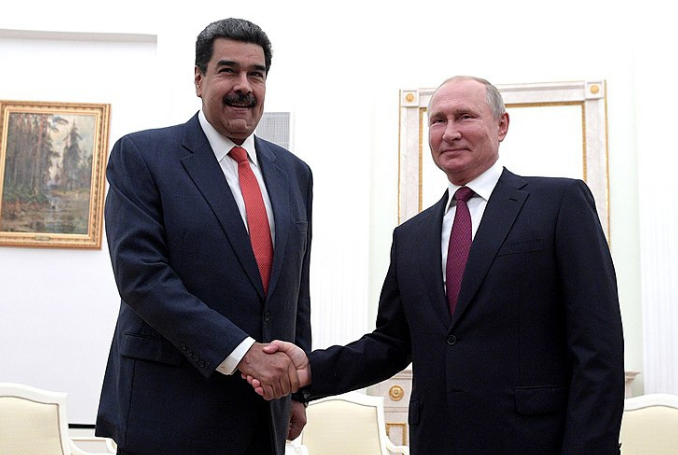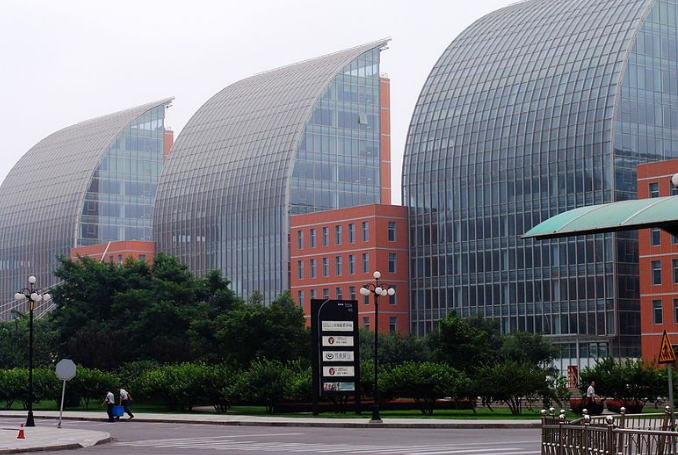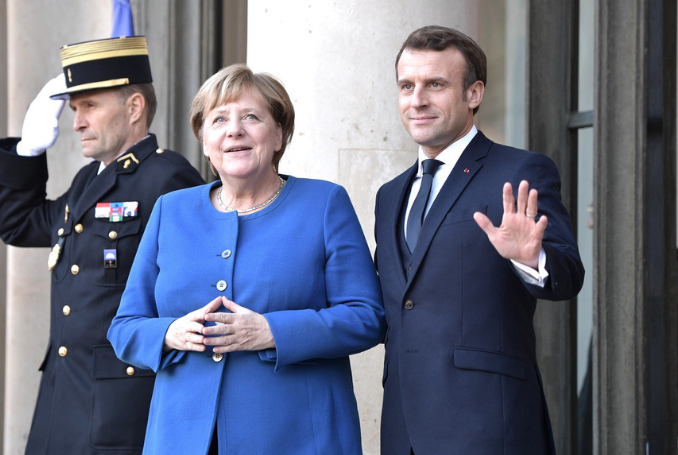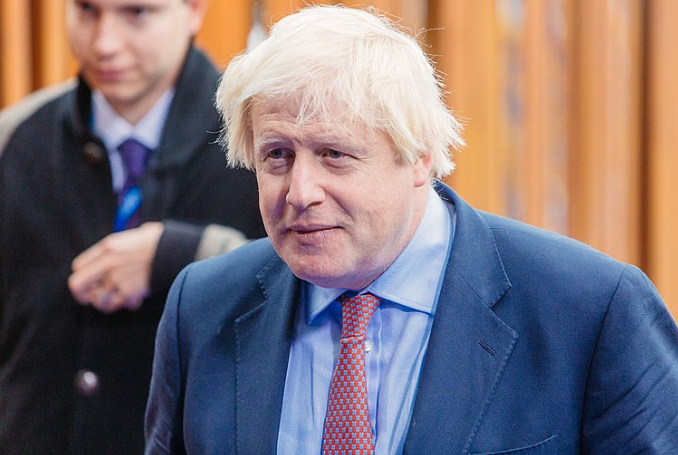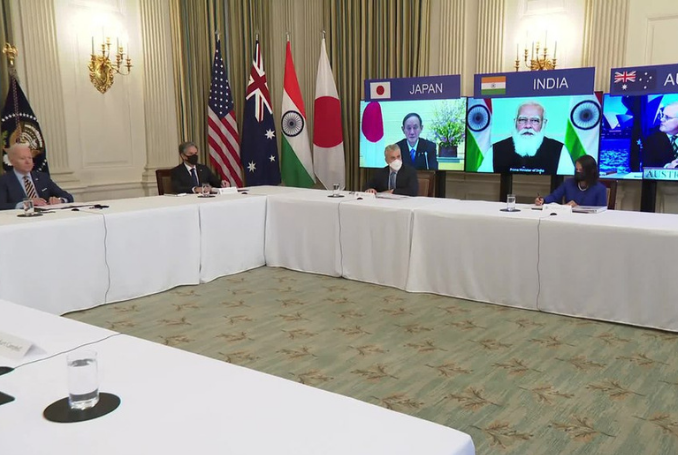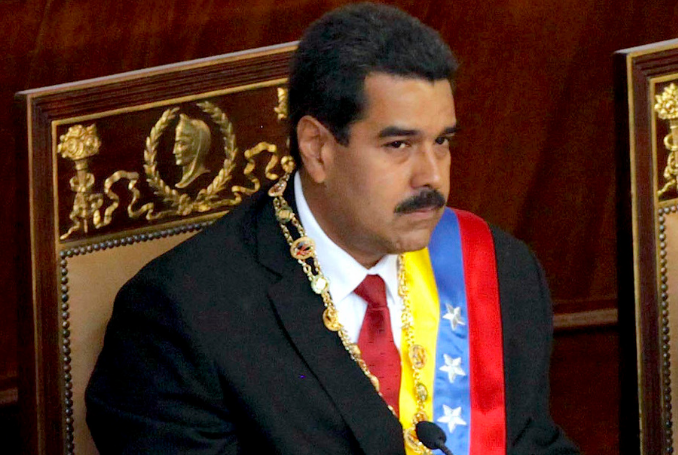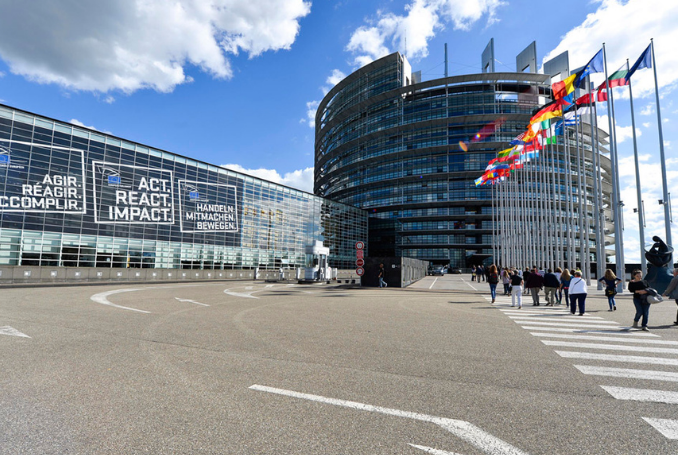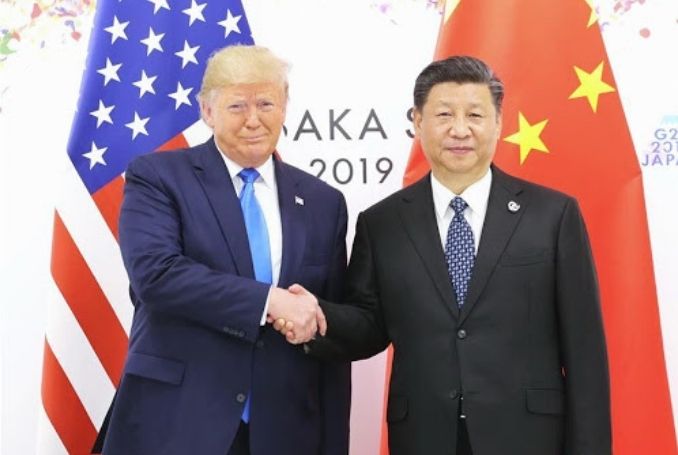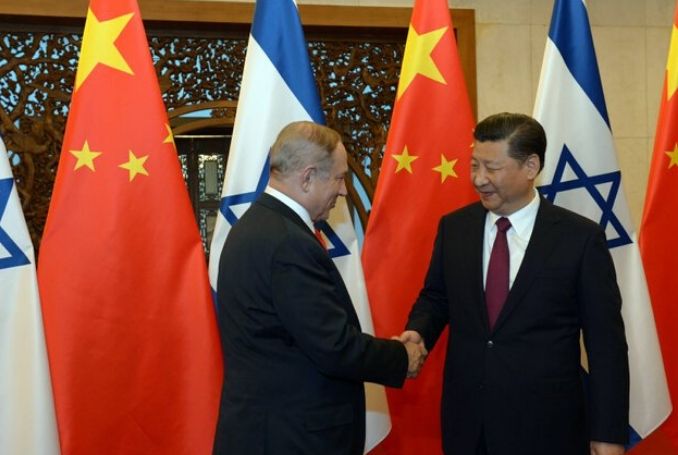- June 4, 2025
‘Our Unity is Critical’ – Ramzy Baroud about US Decline and China’s Rise in the Middle East (VIDEO)
Regarding the unity talks held in China, Baroud said that “Our unity now is critical. Because no one, not China, not Russia, not even the United States, will ever take us seriously if we remain divided.”
Palestinians Welcome China’s New Middle East Role, but It is Not Mediation They Need
Palestinians need China, as they need other powerful players in the Global South, but it is not mediation that they desperately require.
China and Palestine: No To ‘Piecemeal Crisis Management’
Considering Washington’s unparalleled importance to Israel, on the one hand, and the Arab-Muslim world’s significance to China on the other, the future is easy to foresee.
Xi’s ‘Chilling’ Remarks: A Multipolar World Offers Challenges and Opportunities to the Middle East and Africa
While it is too early to determine, with any degree of certainty, the winners and losers of this new configuration, it is most certain that a US-western-dominated world is no longer possible.
The Other Russia-West War: Why Some African Countries are Abandoning Paris, Joining Moscow
France’s military and foreign policy shift in Africa, however, was not compelled by strategy or vision, but by changing realities over which France has little control.
Xi’s Visit and the Future of the Middle East: China-Arab Ties are Permanent
It would be unfair – in fact, misguided – to suggest that large political entities like China and Arab countries combined are shaping their foreign policy agendas, thus staking their futures, on knee-jerk political reactions to the attitude of a single American President or administration.
Washington is the Problem, Not the Solution: Why Mahmoud Abbas is Seeking New ‘Powerful’ Sponsors
What Palestinians need is not a new ‘powerful’ sponsor of the ‘peace process’ but a grassroots-based struggle for freedom and liberation starting at home.
Biden’s Real Challenge is Not Russia or China, but Poverty in America
They continue to speak of a ‘China threat’ and an ‘imminent’ Russian invasion of Ukraine and such, while the real threat is that of detached politicians who are amassing wealth, fighting for power and prestige while their countrymen and women continue to go hungry.
Cuba, Venezuela and Nicaragua: The US-Russia Conflict Enters a New Phase
As the plot thickens in Eastern Europe, Russia’s move in South America promises to add a new component that would make a win-lose scenario in favor of the US and NATO nearly impossible.
The Myth of Apolitical China: Why the West Refuses to Accept China’s Superpower Status
Not only is China very much a political actor but one would contend that presently, it is the most important political actor in the world.
The World ‘Hanging by a Thread’: Stories to Follow in 2022
2022 can be a year of hope and promise. But that is only possible if we play our role as active citizens to bring about the coveted change that we would like to see in the world.
The West’s China Complex: Beijing as the Enemy and the Savior
Such fluctuations will unlikely change the narrative of the determined Chinese rise as a global power, or that of the unmistakable western decline. The sooner we acknowledge this reality, the better.
Following Afghanistan Defeat: Can EU Win Own ‘Independence’ from the US?
Macron’s once ‘controversial’ view is now mainstream thinking in Europe, especially as many EU policy-makers feel disowned, if not betrayed, by the US in Afghanistan.
Nuclear Weapons Blazing: Britain Enters the US-China Fray
The British foreign policy shift is an unprecedented gamble for London as the nature of the new Cold War is fundamentally different from that of the previous one; this time around, the ‘West’ is divided, torn by politics and crises, while NATO is no longer the superpower it once was.
From the Earth to the Moon: Biden’s China Policy Doomed from the Start
Certainly, the US-led ‘Quad’ meeting was neither historic nor a game-changer, as all indicators attest that China’s global leadership will continue unhindered, a consequential event that is already reordering the world’s geopolitical paradigms which have been in place for over a century.
The Ongoing Calamity: US Collective Punishment of the Venezuelan People Must End
Washington’s futile sanctions-based approach to Venezuela has proved not only immensely harmful to the welfare of the Venezuelan people but also to Washington’s own regional interests. Washington’s obstinacy allowed its global rivals, Russia and China, to unprecedentedly cement their economic and strategic interests in that country.
Europe Will Redefine Itself Despite the Political Shift in the US
The ball is no longer in Washington’s court alone. The fact that the majority of Europeans believe in China’s impending global leadership in a matter of a few years means that the EU will have no patience for any American ultimatum to choose between Washington and Beijing.
The World is Changing: China Launches Campaign for Superpower Status
The world is changing before our eyes. In the coming years, we are likely to, once more, speak of a bipolar – or, possibly, tri-polar – world, one in which Washington and its allies no longer shape the world for their benefit. In some way, China is well on its way to reclaim its new status.
‘Wolf Warrior Diplomacy’: Israel’s China Strategy in Peril
Between Washington’s precise demands to Israel to keep Beijing at bay, and the latter’s aggressive ‘wolf warrior’ diplomacy, Israel is facing a stark choice: remaining loyal to a fading superpower or diving into the uncharted waters of an emerging one.
Will the Coronavirus Change the World? On Gramsci’s ‘Interregnum’ and Zizek’s Ethnocentric Philosophy
Without a people-propelled form of change, the status quo seems to constantly reinvent itself, restoring its dominance, cultural hegemony and undemocratic claim to power.
It Is a New Era, but China’s Balancing Act Will Fail in the Middle East
By Ramzy Baroud Although ties between Washington and Tel Aviv are stronger than ever, Israeli leaders are aware of a vastly changing political landscape. The US’ political turmoil and the global power realignment – which is on full display in the Middle East – indicate that a new era is, indeed, in the making. Unsurprisingly, […]


